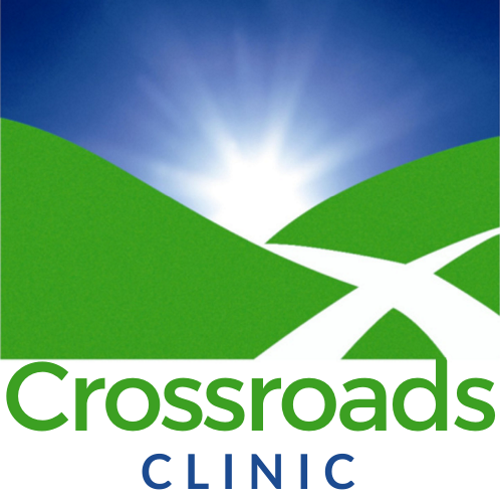Abortion
procedures & options

Different Types of Abortion
Different abortion methods are used at different stages in pregnancy. During your appointment at Crossroads Clinic, one of our client advocates will provide you with medically-accurate information on each type of abortion available to you, make sure you understand what will happen to you during the abortion and present abortion risk-factors so that you can make an informed decision.
Medical Abortion
Most Common FormMedical abortion (or non-surgical abortion) uses RU486 or another type of abortion pill to terminate your pregnancy. This method of abortion is used for women who are within 30 – 49 days of their last menstrual period.
Mifepristone (RU486), Misoprostol, and Methotrexate are drugs used in regimens for medical termination of early pregnancies. These drugs are given by mouth or by injection. After receiving these drugs, you might experience cramping and bleeding, pass clots, tissue, and the embryo within hours or days. Some amount of bleeding is common following non-surgical abortion.
This type of abortion can take up to 3 visits, and may require a surgical procedure if the abortion is incomplete.
Surgical Abortion
Most Common FormIf you’re not a candidate for a medical abortion or if the medical abortion doesn’t work, you may obtain a surgical abortion. Below are listed the most common types of surgical abortion performed in the first trimester.
Manual Vacuum Aspiration (MVA): an abortion performed 3-12 weeks since the last period. It is considered less invasive with only a local anesthesia.
Dilation & Curettage (D & C): a surgical abortion procedure used up to 16 weeks gestation. It is also referred to as suction curettage or vacuum aspiration.
Dilation & Evacuation (D & E): a surgical abortion procedure used after 16 weeks gestation.
Before Abortion
If you are considering leaving Oklahoma for an abortion in another state, Crossroads Clinic offers free and confidential medical services before you travel, to equip you to make the best choice for your situation. If you are going to make the choice to terminate your pregnancy, you need to be aware of what is happening to your body.
A Quick Checklist
Have you taken a pregnancy test?
What if the test is positive?
How far along are you?
Is the pregnancy viable?
Is the pregnancy in your uterus?
Am I at risk for an STD?
Still have questions? At Crossroads Clinic we take time to listen and understand you first, then provide education on all your abortion options. To learn more about abortion procedures and your options come in today.
We provide confirmation of viable intrauterine pregnancy through ultrasound. Medical professionals recommend that a woman have an ultrasound before undergoing an abortion to determine fetal age and viability and rule out tubal pregnancy. Ultrasounds are scheduled at the discretion of our medical staff.
